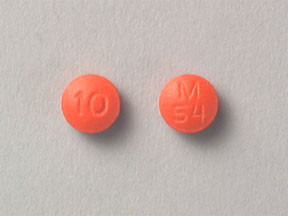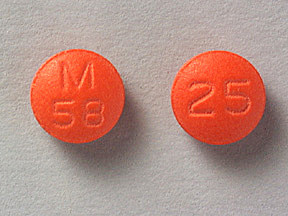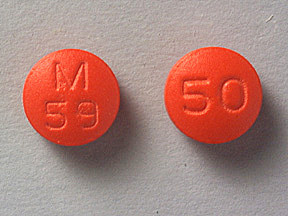THIORIDAZINE - ORAL
PHONETIC PRONUNCIATION: (thigh-oh-RID-uh-zeen)
COMMON BRAND NAME(S): Mellaril
GENERIC NAME(S): thioridazine HCl
Uses
USES: This medication is used to treat certain mental/mood disorders (e.g., schizophrenia). This medication helps you to think more clearly, feel less nervous, and take part in everyday life. It can also help prevent suicide in people likely to harm themselves and reduce aggression and the desire to hurt others. It can help decrease your negative thoughts and hallucinations. Thioridazine belongs to a class of drugs known as phenothiazines.
How to use THIORIDAZINE - ORAL
HOW TO USE: Take this medication by mouth with or without food, usually 2-4 times a day or as directed by your doctor. Dosage is based on your medical condition and response to therapy. Once your condition improves and you are better for a while, your doctor may work with you to reduce your regular dose. This may be done over time. Do not stop your medication or lower your dose without talking with your doctor first. Some conditions may become worse when the drug is stopped abruptly. Your dose may need to be gradually reduced. Use this medication regularly in order to get the most benefit from it. To help you remember, use it at the same time(s) each day. Inform your doctor if your condition persists or worsens.
Side Effects
Precautions
Interactions
Overdose
Images
Reviews
Faq for THIORIDAZINE - ORAL
Thioridazine is an oral medication primarily used to treat certain mental/mood disorders, including schizophrenia.
Thioridazine works by helping to restore the balance of certain natural substances (neurotransmitters) in the brain, which can improve symptoms of schizophrenia.
Thioridazine should be taken exactly as prescribed by your doctor. It is typically taken 2-4 times a day with or without food. Do not stop taking thioridazine without consulting your doctor.
If you miss a dose of thioridazine, take it as soon as you remember. However, if it’s close to the time for your next dose, skip the missed dose and resume your regular dosing schedule. Do not double the dose to make up for a missed one.
Common side effects of thioridazine may include drowsiness, dizziness, blurred vision, dry mouth, constipation, and weight gain. It is important to report any persistent or severe side effects to your doctor.
Yes, thioridazine may cause serious side effects, including an irregular heartbeat, fainting, severe dizziness, muscle spasms, uncontrollable movements, and seizures. Contact your doctor immediately if you experience any of these symptoms.
Thioridazine may cause drowsiness and impair your judgment, so avoid activities that require mental alertness, such as driving or operating machinery. It is also important to limit alcohol consumption while taking thioridazine.
Yes, thioridazine may interact with other medications such as certain antidepressants, antifungals, antibiotics, and medications that affect heart rhythm. Inform your doctor about all the medications you are currently taking to avoid potential interactions.
Thioridazine should be stored at room temperature away from light and moisture. Keep it out of the reach of children.
Warning
WARNING: Thioridazine rarely has caused very serious (possibly fatal) irregular heartbeat (QT prolongation in the EKG). Therefore, it should be used only in patients who have not shown improvement with at least 2 other antipsychotic medications or who cannot tolerate other antipsychotic medications. This medication should not be used with other medications that can also cause a slow or irregular heartbeat. (See also Drug Interactions.) There may be a slightly increased risk of serious, possibly fatal side effects (such as heart failure, fast/irregular heartbeat, pneumonia) when this medication is used by older adults with dementia. This medication is not approved for the treatment of dementia-related behavior problems. Discuss the risks and benefits of this medication, as well as other effective and possibly safer treatments for dementia-related behavior problems, with the doctor.
Disclaimer
IMPORTANT: HOW TO USE THIS INFORMATION: This is a summary and does NOT have all possible information about this product. This information does not assure that this product is safe, effective, or appropriate for you. This information is not individual medical advice and does not substitute for the advice of your health care professional. Always ask your health care professional for complete information about this product and your specific health needs.




No Reviews Yet